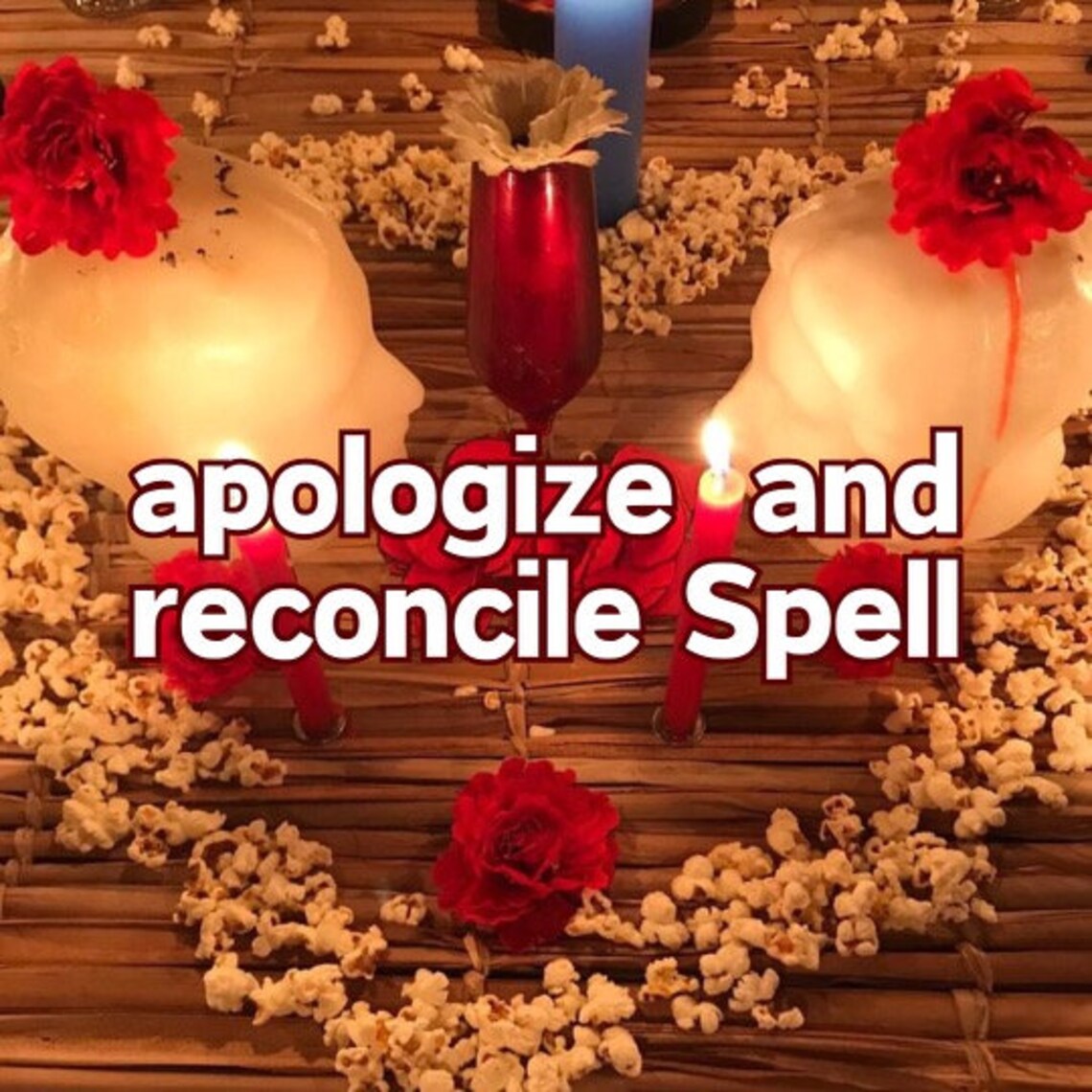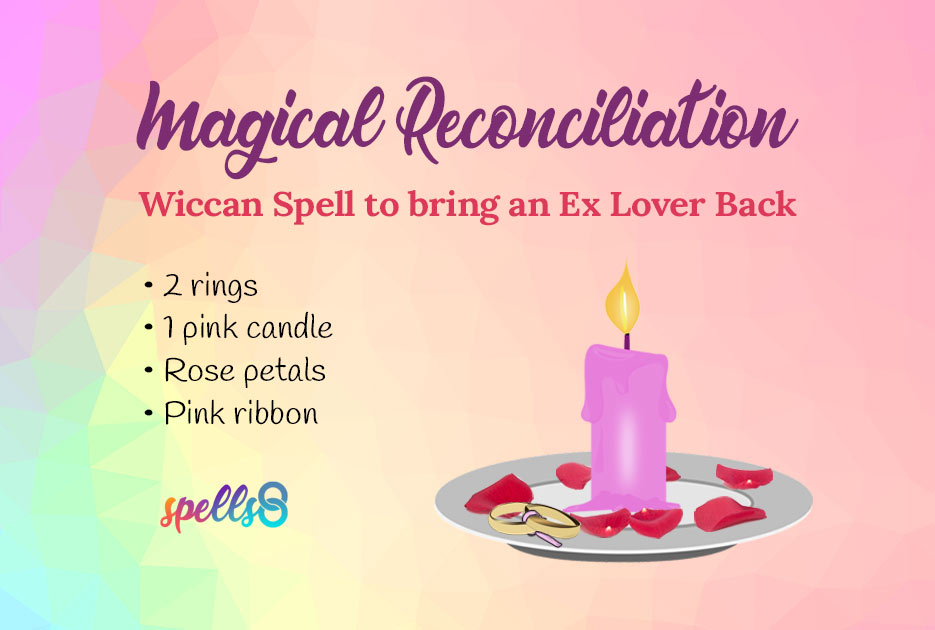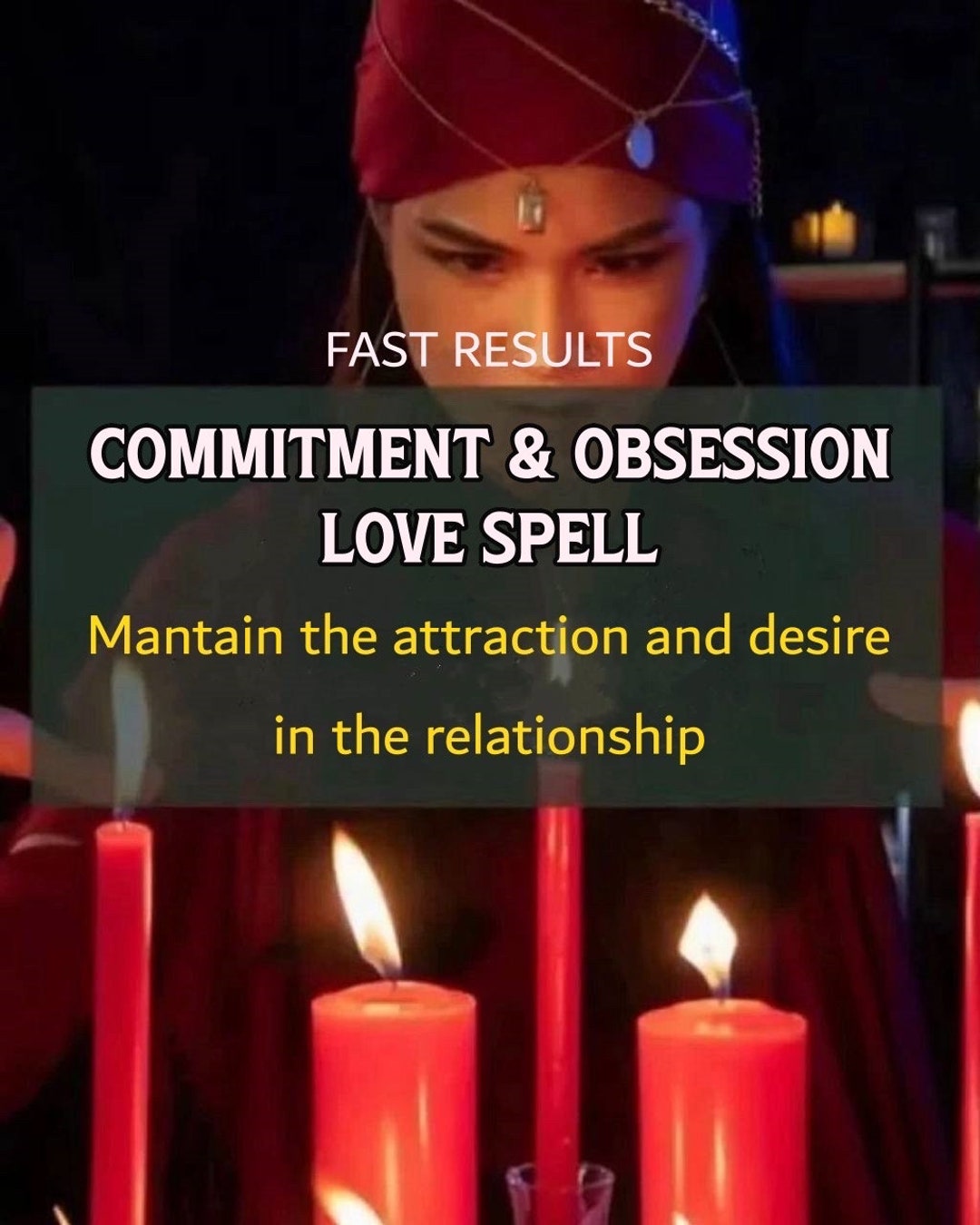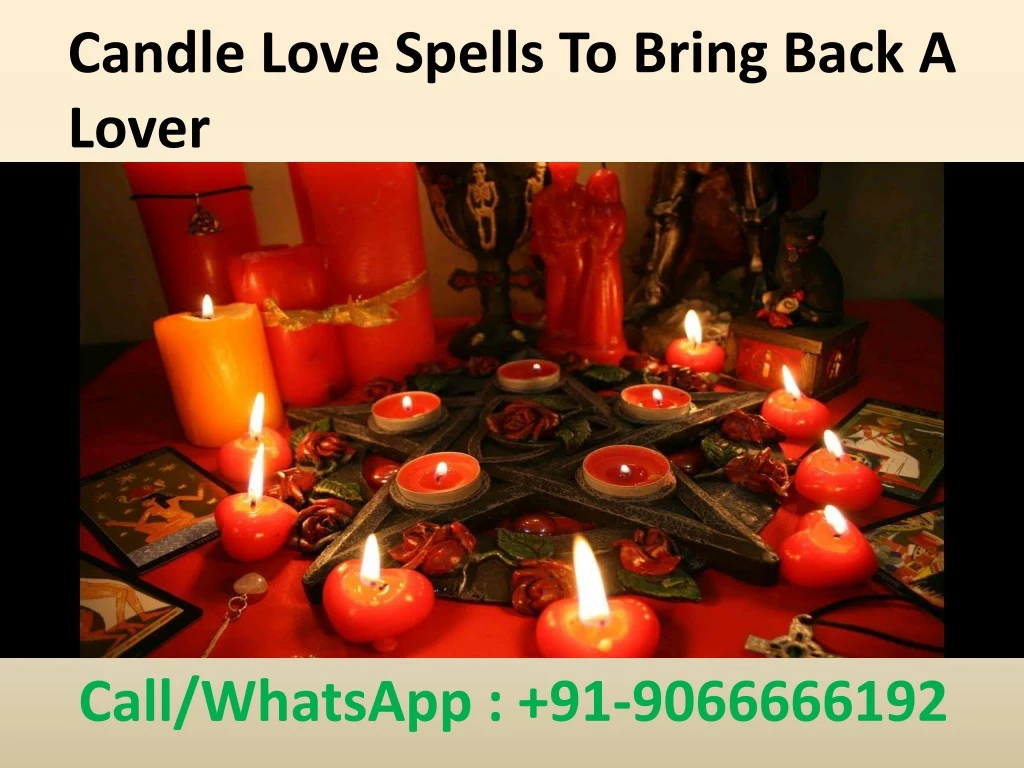Spells To Bring Back A Lover
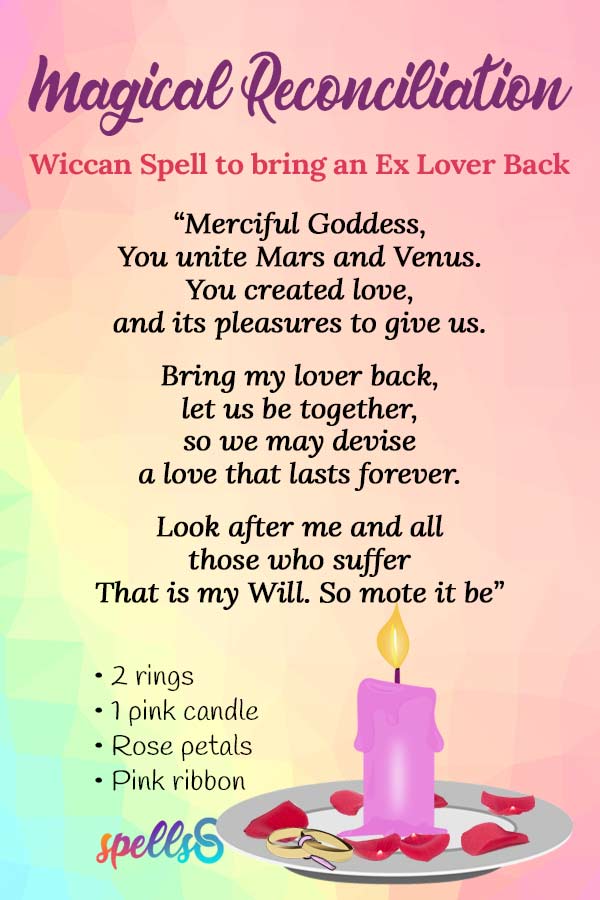
The yearning for lost love is a profound human experience, often leading individuals to explore unconventional avenues for reconciliation. In the digital age, this yearning has fueled a thriving, albeit controversial, market: spells to bring back a lover. But behind the promises of restored relationships lie complex questions about efficacy, ethics, and potential exploitation.
This article delves into the phenomenon of "love spells," examining their prevalence, the psychological factors that drive individuals to seek them out, the potential risks involved, and the legal and ethical considerations surrounding this often-misunderstood practice. It will explore the perspectives of those who offer these services, the experiences of those who seek them, and the views of experts in psychology, sociology, and law.
The Prevalence of Love Spells in the Digital Age
The internet has democratized access to information, including esoteric practices like spellcasting. A simple online search reveals countless websites, forums, and individuals offering "guaranteed" love spells for a fee. The target audience is diverse, spanning various age groups, cultural backgrounds, and socioeconomic statuses.
Social media platforms amplify the reach of these services, with targeted advertising and influencer endorsements further normalizing the idea of using spells to manipulate romantic outcomes. This digital accessibility has led to a significant increase in the visibility and demand for love spells.
The Psychology Behind the Attraction
Grief, desperation, and the inability to accept rejection are powerful motivators that drive individuals to seek out love spells. Psychology suggests that in times of emotional distress, people may be more susceptible to magical thinking and the allure of quick fixes.
The "placebo effect" could also play a role, where the belief in the spell's efficacy can lead to behavioral changes that inadvertently improve the seeker's chances of reconciliation. Cognitive dissonance, the mental discomfort experienced when holding conflicting beliefs, can lead individuals to double down on their belief in the spell, even in the face of evidence to the contrary.
The Offerings and the Costs
The price range for love spells varies widely, from free online rituals to personalized services costing hundreds or even thousands of dollars. The complexity of the spell, the materials required, and the perceived expertise of the spellcaster often dictate the price.
Beyond monetary costs, there are potential emotional and psychological risks. False hope, disappointment, and feelings of shame are common outcomes for those whose spells fail to produce the desired results. Some practitioners may employ manipulative tactics to keep clients engaged, further exploiting their vulnerability.
Ethical Considerations and Legal Gray Areas
The ethical implications of love spells are significant. Can one person ethically attempt to influence the feelings and free will of another? This question lies at the heart of the debate surrounding the practice.
From a legal standpoint, most jurisdictions do not have specific laws addressing spellcasting. However, if a practitioner makes fraudulent claims or engages in deceptive business practices, they could face legal repercussions under consumer protection laws. Professor Emily Carter, a specialist in contract law, notes that proving fraud in these cases can be difficult because the claims made are often based on subjective beliefs rather than verifiable facts.
Perspectives from Practitioners
Many practitioners offering love spells believe they are providing a valuable service to those in need. They often frame their work as a form of spiritual healing or energy manipulation, emphasizing that they are not forcing anyone to do anything against their will.
Some practitioners claim to use divination tools to assess whether a relationship is meant to be before casting a spell, refusing to work on cases where they believe the outcome would be detrimental. "My goal is to help people find happiness," states one anonymous practitioner, "not to force someone into a relationship they don't want."
Expert Opinions and Scientific Scrutiny
Scientific research has not found any evidence to support the efficacy of love spells. Skeptics argue that any perceived success is likely due to coincidence, the placebo effect, or the seeker's own actions.
Dr. David Miller, a psychologist specializing in belief systems, explains, "The power of suggestion and confirmation bias can significantly influence people's perceptions. When someone is actively looking for signs that a spell is working, they are more likely to find them, even if those signs are ambiguous."
Moving Forward: A Call for Critical Thinking
The enduring allure of love spells highlights the human desire for control and the vulnerability that arises from heartbreak. While the practice may offer solace to some, it's crucial to approach it with skepticism and a critical eye.
Individuals considering seeking out love spells should weigh the potential risks against the potential benefits, recognizing that there is no guarantee of success. Open communication, self-reflection, and professional counseling are often more effective and ethical approaches to resolving relationship issues. It is also important to verify the credibility and legitimacy of anyone offering to cast a love spell.
Ultimately, the decision to believe in and engage with love spells is a personal one. However, it's essential to make that decision from a place of informed understanding, rather than desperation or blind faith. Continued research and open discussions are crucial to navigating the complex ethical and psychological landscape surrounding this enduring phenomenon.
